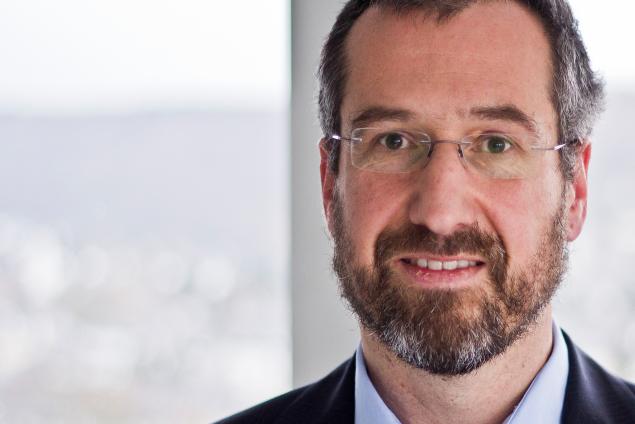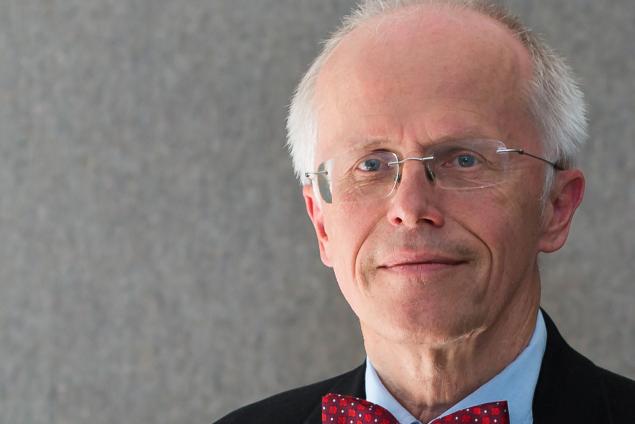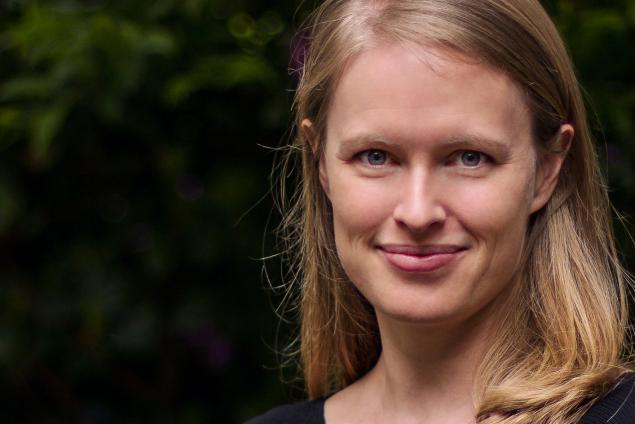Scroll to Section:
Even in the absence of absolute property rights, ex-post bargaining may lead to efficient distribution of goods, CHRISTOPH ENGEL explains in this video. The findings of this research thus extend the domain of the Coase theorem. In the experiment, with a society of two individuals and a single commodity, a good ends up with the individual who values it most even if only relative property rights – i.e., rights only against other parties to a contract – are provided.
DOI:
https://doi.org/10.21036/LTPUB10057
Institution
Max Planck Institute for Research on Collective Goods
Initially founded as a Max Planck institute that investigates the provision of collective goods, the institute has developed into an international hub that focuses in its research mainly on applied economics and on behavioral law. Moreover, the institute hosts three independent research groups on “moral courage”, “economic cognition”, and “mechanisms of normative change”. The set of researchers from various disciplines, such as economics, law, psychology, and sociology, constitutes a truly interdisciplinary environment that facilitates a cross-fertilization of ideas.
Original publication
Bargaining in the Absence of Property Rights: An Experiment
MPI Collective Goods Preprint
Published in 2015
Reading recommendations
Exchange Efficiency with Weak Ownership Rights
NYU Law and Economics Research Paper
Published in 2012
The Problem of Social Cost
The Journal of Law & Economics
Published in 1960
Experimental Tests of the Endowment Effect and the Coase Theorem
Journal of Political Economy
Published in 1990
Remedies and the Psychology of Ownership
Vanderbilt Law Review
Published in 1998
Beyond
A Ground-breaking Scientific Revolution
An Alarming Challenge for Society
If I Had a Second Life
A Personal Reading Recommendation




